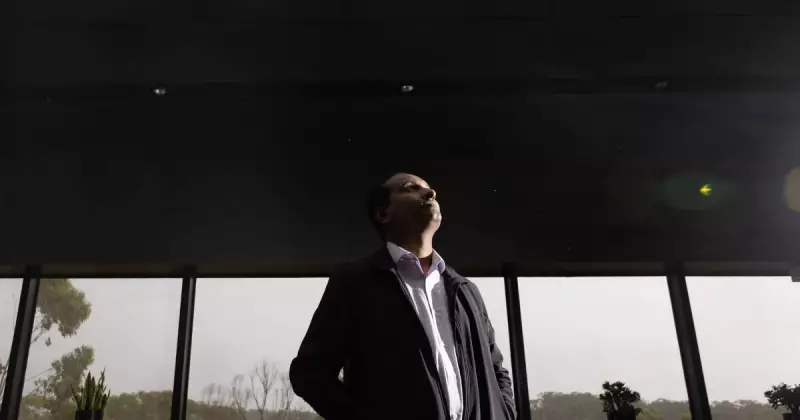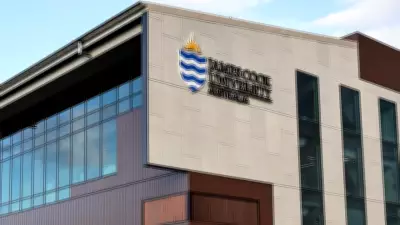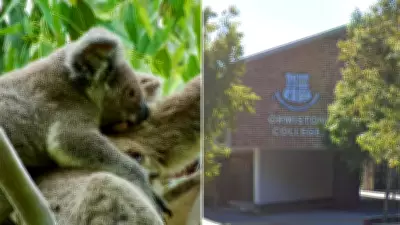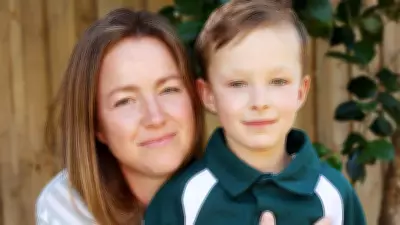
Australian medical researchers have launched an ambitious national mission to find a cure for asthma, leveraging cutting-edge artificial intelligence and genetic research to challenge what was once considered medically impossible.
From Incurable to Treatable: Changing the Asthma Dictionary
Dr Dennis Thomas from the Hunter Medical Research Institute and University of Newcastle revealed that asthma had long been regarded as an incurable disease, but that perspective is rapidly changing. The researcher explained that terms like remission and cure were previously absent from the asthma vocabulary, but medical advances are rewriting the rules.
"This cure initiative is challenging the pessimism," Dr Thomas stated. "People are now being treated to remission, and a cure is the next logical step. For that achievement, we need to conduct extensive additional research."
Most asthma cases currently respond well to inhalers that combine steroid preventers with long-acting relievers. For the ten percent of patients with severe or difficult-to-control asthma, injectable biologic medicines based on monoclonal antibodies have shown remarkable success.
The Road to Remission and Beyond
Biologic medications work by blocking the effects of immune pathways that cause airway inflammation and lung damage. Approximately one-third of patients using biologics now achieve remission, meaning they experience freedom from daily symptoms. However, these treatments don't work for everyone and they don't constitute a cure.
A new national roadmap published in the Medical Journal of Australia outlines how researchers plan to tackle this limitation. The strategy builds on decades of Australian discoveries that initially led to the introduction of biologics, proving that the disease could be effectively switched off.
Teams at the University of Newcastle and HMRI, led by Professors Peter Gibson and Vanessa McDonald, significantly advanced the understanding of severe asthma and clinical remission. Dr Thomas clarified that remission currently means no disease activity for twelve to thirty-six months, but researchers aim to extend that to lifelong freedom from symptoms.
"A proper cure means no medication and no symptoms," Dr Thomas emphasized, noting that those in remission still require ongoing treatment.
Artificial Intelligence and Large-Scale Data Analysis
Scientists are now employing artificial intelligence, extensive national datasets and advanced laboratory techniques to study asthma with unprecedented detail. Researchers are aggregating data from more than 75,000 patients, including clinical profiles, lung function results and biological samples, into an AI-enabled platform.
"That's the starting point," Dr Thomas explained. The research will examine why some people respond to treatment and achieve remission while others do not. "What is happening in their body? If we get that information, we can look to treat that condition effectively."
Professor Gary Anderson from the University of Melbourne said the project will enable researchers to view asthma not as a single disease, but as a collection of biological subgroups, each with distinct drivers. This refined understanding will facilitate the discovery of new treatments, prevent asthma from developing initially, and reverse early-stage asthma.
Researchers are particularly focused on how early-life exposures and inflammation can reprogram the body's gene regulation. They're studying epigenetic changes—sometimes called molecular scars—that permanently alter how airway and immune cells respond to allergens and infection.
Dr Christine Keenan, also from the University of Melbourne, noted they're investigating subtle molecular defects that switch healthy lungs to persistent asthma. "Once we learn how to reset those switches, cures become possible," she stated.
Kate Miranda, chief executive of Asthma Australia, confirmed that Australia stands at a critical juncture in the scientific discovery of asthma cures. "Australia has the research excellence, the partnerships and the technological capacity to achieve what once seemed impossible," she affirmed.
The national effort will gain momentum at the Cure Asthma Symposium in Melbourne, where researchers will coordinate their push toward ultimately defeating this chronic condition that affects millions worldwide.





